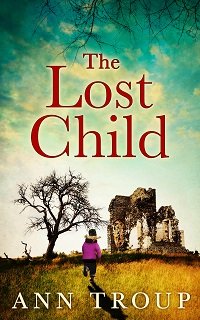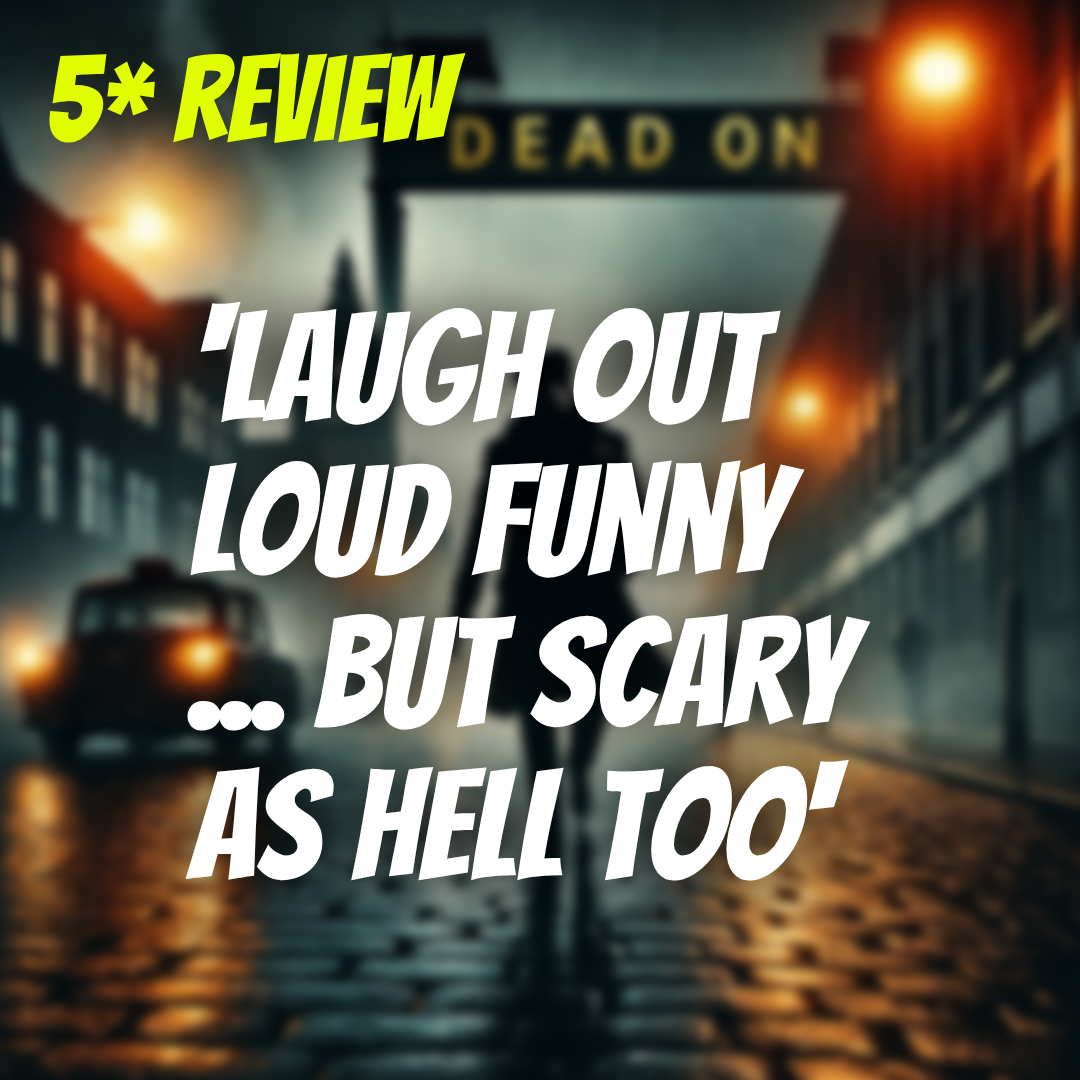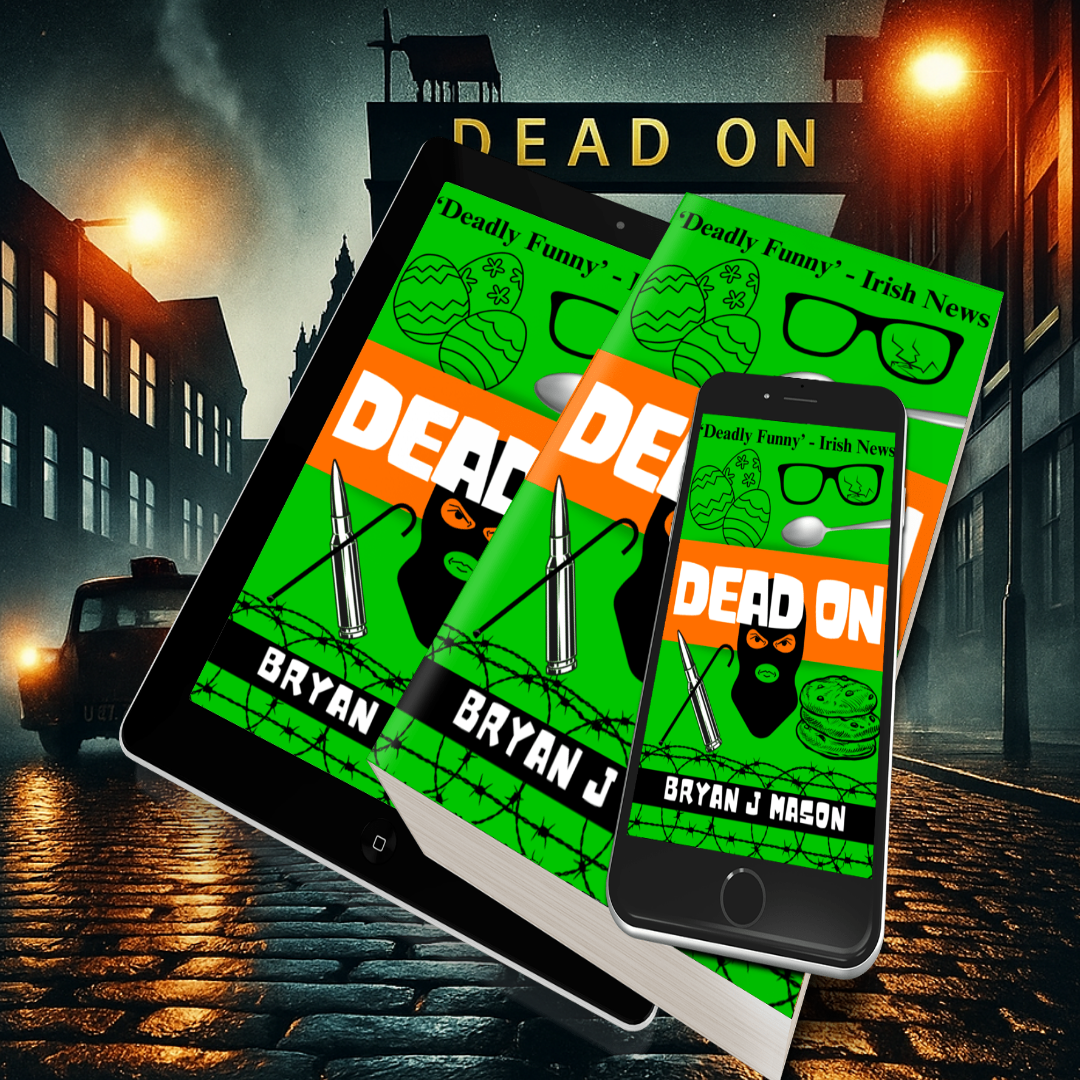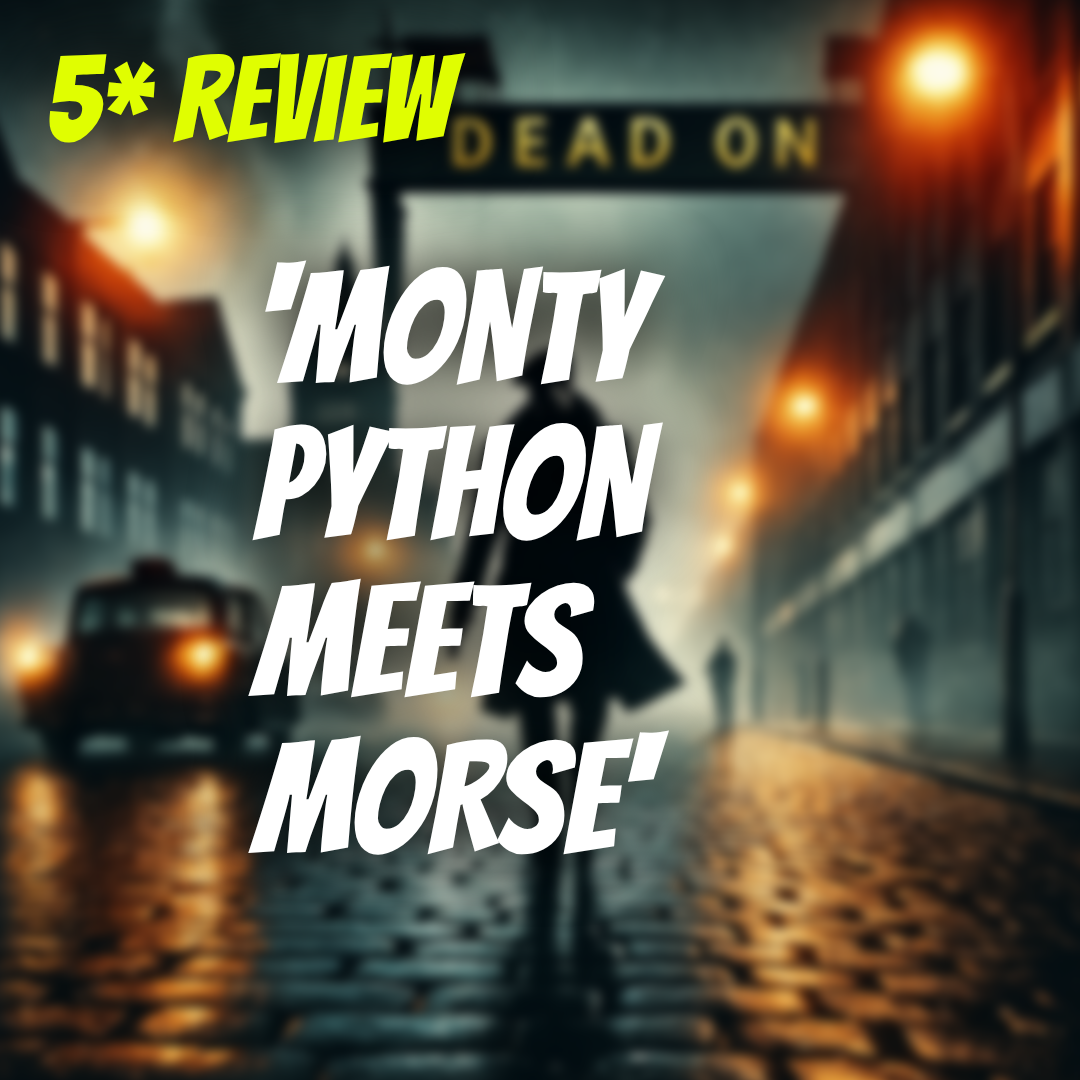Despite the title, the true nature of the crime in this captivating debut novel never becomes apparent until the very end. There are some people who will do anything to keep the truth from coming out, and they want Mandy Miller – a child who went missing over 30 years earlier – to stay lost.
When Elaine Ellis’s mother dies, she returns to the only place she can think of to scatter her ashes; her mother’s old village of Hallow’s End in Devon. Jean Ellis was a deeply unpopular and antisocial woman, who jealously protected Elaine from the outside world, and Elaine feels an overwhelming desire to leave the memory of her mother behind her. In Hallow’s End she finds a tiny village full of people holding on to the past, constantly revisiting the disappearance of three-year-old Mandy Miller – the lost child.
While the villagers refuse to let go of the memory of the lost child, they also seem eager to put Jean Ellis behind them. Elaine visits some old friends and relatives, but finds only cold indifference or blunt dismissal. Rosemary Tyler, technically Jean’s cousin although the family relations can be hard to follow, informs Elaine that since Jean left the village, she has not been greatly missed. Rosemary busies herself with looking after Derry, her brother, rejected by their mother at birth because of his simple nature, and also spends time with gossip – seemingly the local pastime. It is through Rosemary that Elaine finds out about her mother, about Miriam and her sister Esther, rendered immobile as the result of a stroke. Miriam runs the rustic cottage that Elaine rents in Hallow’s End, and also looks after Brodie Miller, sister of Mandy Miller, born 15 years after Mandy’s disappearance, to a mother who still holds onto the memory of her missing daughter.
Brodie feels an instant connection to Elaine, a connection that is not explained, perhaps because it’s not explainable. Troup’s greatest strength is painting the psychology of the female characters in the novel in a believable, compelling way. These are all women you may meet in any small village. The male characters are less developed – Dan the builder, an old flame of Elaine’s currently fixing up her house to be sold; Jack, the retired police detective still haunted by his inability to find Mandy; even the simpleton Derry are rather flat characters. But the novel isn’t really about them, it’s about the women. The man given the most well-rounded description is Alex Gardiner-Hallow, up-and-coming local Tory MP and son of the family that once owned all of Hallow’s End. Still, the description of Alex is none-too-friendly, and doesn’t suggest the author is a Conservative voter.
As the links between Elaine and the village become clearer, and Elaine finds herself mixed up in Brodie’s search for her sister, all of the complicated relationships between Elaine and the villagers, and all of their shared past, all start to come to light. It takes a final chapter featuring a chance encounter between Jack and Dan years later to explain the full significance of all the action. I’m not sure if this complexity could have or should have been edited out – anything else would risk betraying the complex characters and their relationships.
One factor where editing could have been handled better is in the heavy-handed nature of some of the foreshadowing. The first third of the novel is full of references to a scar on Elaine’s neck, which she can’t recall getting but is certain must be something significant. And of course it is, but because of how much it is mentioned the reader knows it for certain long before the author reveals it. Another twist is revealed suddenly, having only been alluded to once, and a better balance in the build-up would have made the plot much smoother. Despite this, Ann Troup’s debut effort is compelling and will hold your interest to the end, thanks to the complexity and humanity of its female characters.
Carina UK
Kindle/iBook
£0.99
CFL Rating: 3 Stars









